Artificial Intelligence (AI) is revolutionizing digital marketing by driving unprecedented levels of personalization, automation, and insight generation. As businesses increasingly compete for consumer attention in a saturated online landscape, leveraging AI technologies offers a decisive edge. AI transforms how marketers understand, engage, and convert their audiences—delivering more impactful campaigns, optimizing resource allocation, and enhancing customer experiences.
This in-depth article explores AI’s profound effects on digital marketing, covering its transformative technologies, practical applications, benefits, challenges, and future trends. It is designed for marketers, business leaders, and digital strategists seeking to harness AI’s potential responsibly and effectively.
Introduction: The Rise of AI in the Digital Marketing Ecosystem
Digital marketing is about connecting the right message to the right user at the right time with maximum efficiency. AI technologies excel in meeting these challenges by processing vast data sets, predicting consumer behavior, and automating marketing workflows.
Today, AI underpins dynamic customer segmentation, content optimization, predictive analytics, chatbots, ad targeting, and more. Its infusion reshapes every facet of marketing—from strategy and execution to measurement and innovation.
AI Technologies Impacting Digital Marketing
1. Machine Learning (ML)
At the core of AI’s impact is machine learning, which enables systems to learn from data and improve over time without explicit programming. Applications include:
- Predictive Analytics: Forecast customer purchase likelihood, lifetime value, and churn risk.
- Recommendation Engines: Suggest products or content personalized to individual user preferences.
- Dynamic Pricing: Adjust prices in real-time to optimize revenue based on demand and competitor pricing.
Read Also: From Sketch to Masterpiece: How AI Turns Simple Drawings into Stunning Artworks
2. Natural Language Processing (NLP)
NLP allows AI to understand, analyze, and generate human language, powering:
- Content Creation: Automating blog posts, email subject lines, and ad copy with natural writing style.
- Sentiment Analysis: Measuring customer opinions from social media, reviews, and surveys.
- Voice Search Optimization: Enabling content to be found via voice queries on smart devices.
3. Computer Vision
Computer vision AI analyzes images and videos enabling:
- Visual Social Media Analysis: Gauging brand presence, influencer impact, and visual sentiment.
- Automated Image Tagging and SEO: Enhancing searchability through descriptive metadata.
- Augmented Reality (AR): Creating immersive product try-ons and interactive ads.
4. Chatbots and Conversational AI
AI-powered chatbots enhance customer service and lead generation by offering:
- Instant Query Resolution: 24/7 support for FAQs, purchases, and appointments.
- Lead Qualification: Engaging visitors, collecting info, and routing prospects to human agents.
- Personalized Recommendations: Tailoring responses based on user data and behavior.
5. Programmatic Advertising
Programmatic AI technologies automate buying and placing digital ads by:
- Real-time Bidding (RTB): Automatically selecting optimally priced ad slots for target audiences.
- Audience Targeting: Using behavioral data to segment and deliver hyper-personalized ads.
- Performance Optimization: Continuously adjusting creatives, bidding, and targeting based on campaign insights.
Key Effects of AI on Digital Marketing
Enhanced Personalization at Scale
Personalization is no longer manual but AI-driven at scale. AI creates individual customer profiles from data streams and delivers tailored experiences in real-time, boosting engagement and conversions.
Example: Netflix’s AI recommends shows and movies uniquely suited to each user’s viewing history.
Improved Marketing Efficiency and ROI
AI automates time-consuming tasks such as data analysis, customer segmentation, and content distribution. Marketers can reallocate time toward strategic planning and creative innovation. Simultaneously, AI predicts the highest-impact interventions, maximizing return on investment (ROI).
Data-Driven Decision Making
AI moves marketing from intuition-driven to evidence-based management. Dashboards powered by AI analytics provide actionable insights, trend identification, and predictive models that continually refine marketing strategies.
Better Customer Insights and Segmentation
AI analyzes behavioral, demographic, and psychographic data to discover micro-segments and emerging trends, enabling highly niche marketing initiatives.
Enhanced Customer Interaction and Support
Chatbots and virtual assistants reduce friction in customer journeys, providing immediate responses and seamless interactions that improve brand loyalty.
Challenges and Considerations
Data Privacy and Compliance
AI relies on vast customer data. Respecting privacy laws (GDPR, CCPA) and earning consumer trust are imperative.
Algorithmic Bias
Biases in training data can cause unfair targeting or exclusion. Continuous auditing and ethical AI design are critical.
Integration Complexity
Incorporating AI into legacy marketing stacks requires careful planning, skilled personnel, and change management.
Cost Barriers
Some AI tools demand significant upfront investment, which can be challenging for smaller businesses.
Future Trends of AI in Digital Marketing
- Hyper-personalization: AI will enable even more granular micro-moments targeting.
- Voice and Visual Search Dominance: Voice assistants and image-based queries will shape content strategies.
- Emotion AI: Understanding emotional cues to tailor messaging dynamically.
- Ethical AI Practices: Greater transparency and fairness in AI-powered marketing.
- AI-powered Creativity: Generative AI creating personalized ads, videos, and interactive content.
Read Also: The Hidden Bias in AI: When Machines Learn Our Prejudices
Frequently Asked Questions (FAQ)
1. How does AI improve digital marketing performance?
AI automates data processing, personalizes customer experiences, predicts behavior, and optimizes campaigns in real-time, leading to higher engagement and ROI.
2. What AI tools are popular in digital marketing?
Tools like Google Analytics AI features, HubSpot’s AI, Salesforce Einstein, Adobe Sensei, and chatbots such as Drift are widely used.
3. Are there risks in using AI for marketing?
Yes. Privacy issues, data bias, and over-automation risks require vigilance and ethical approaches.
4. Can small businesses benefit from AI marketing?
Absolutely. Many cloud-based AI marketing platforms offer scalable solutions accessible to small businesses.
5. What skills do marketers need to work effectively with AI?
Data literacy, AI tool proficiency, critical thinking, and ethical awareness are essential.
Conclusion
AI’s effect on digital marketing is transformative, enabling hyper-personalization, automation, and data-driven strategies that redefine customer engagement. Marketers who harness AI thoughtfully will thrive in competitive markets, delivering tailored, efficient, and impactful campaigns. As AI technology evolves, balancing innovation with privacy, ethics, and human creativity will be key to sustainable success.
Embracing AI in digital marketing today sets the foundation for future-ready strategies that resonate deeply with customers and drive business growth.





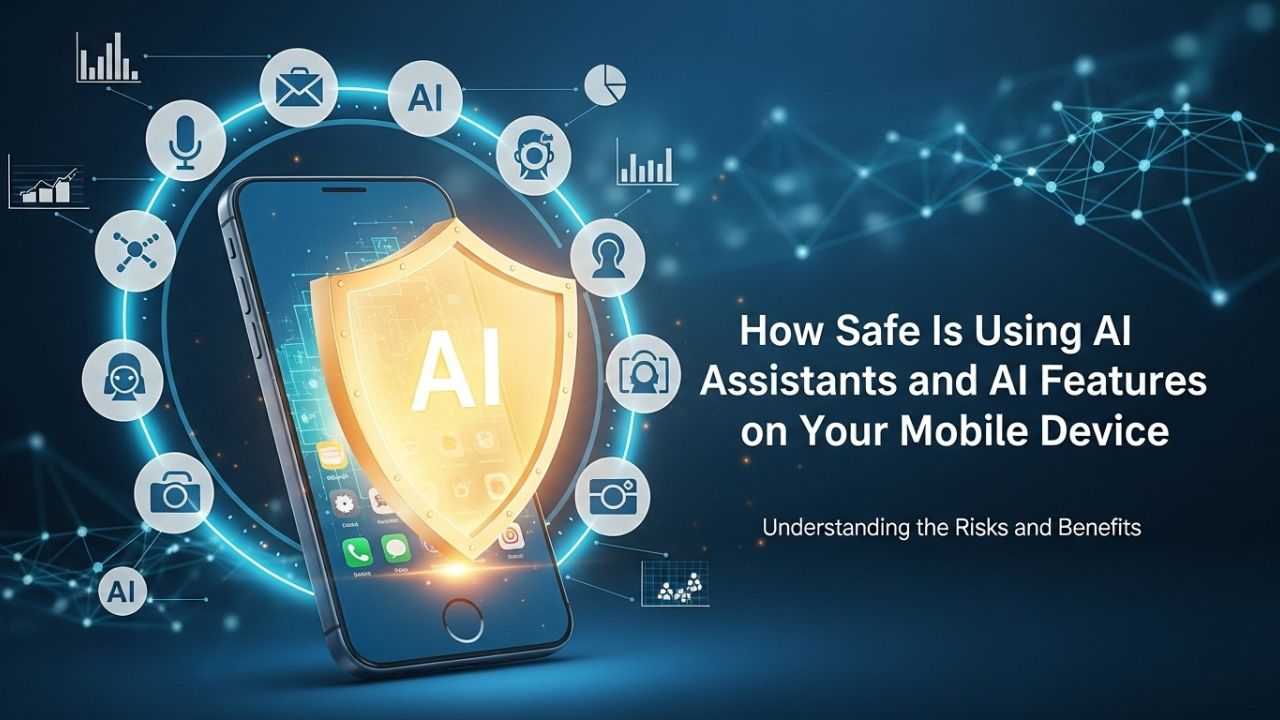

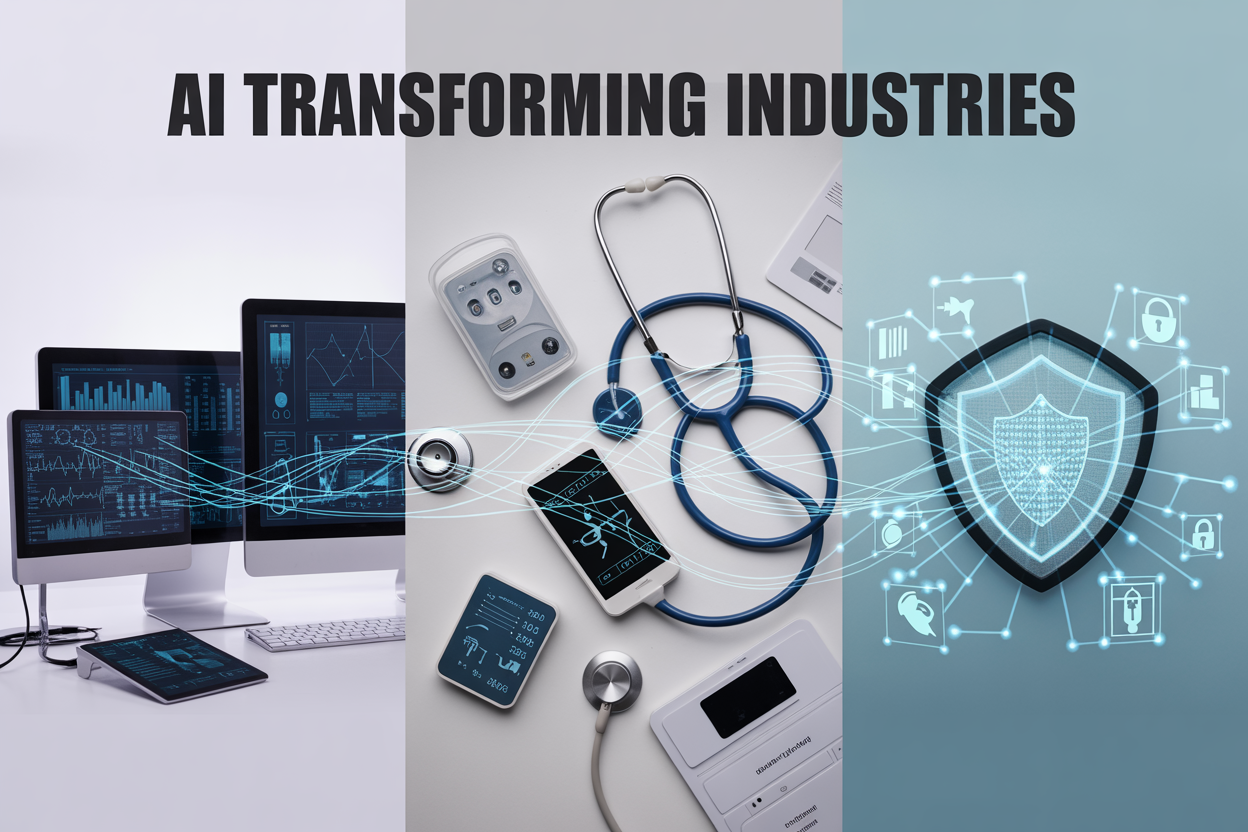
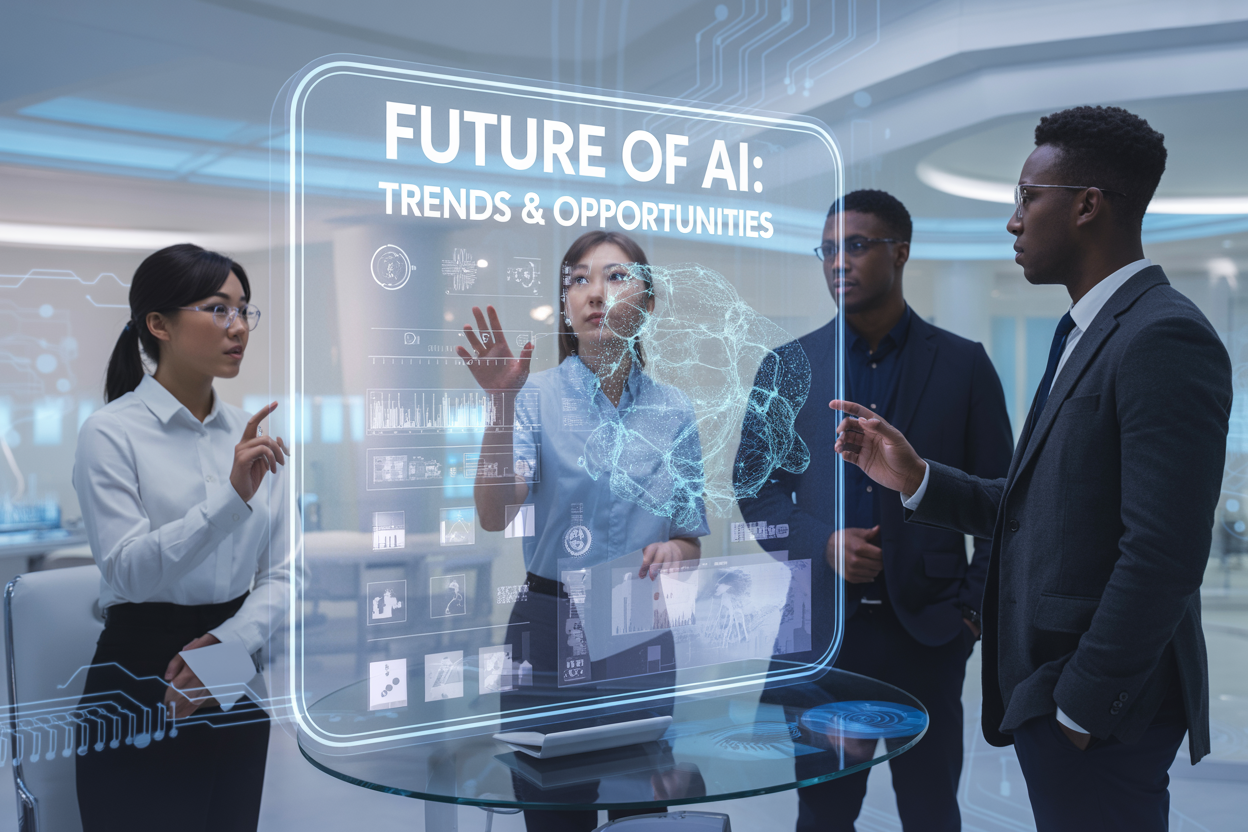
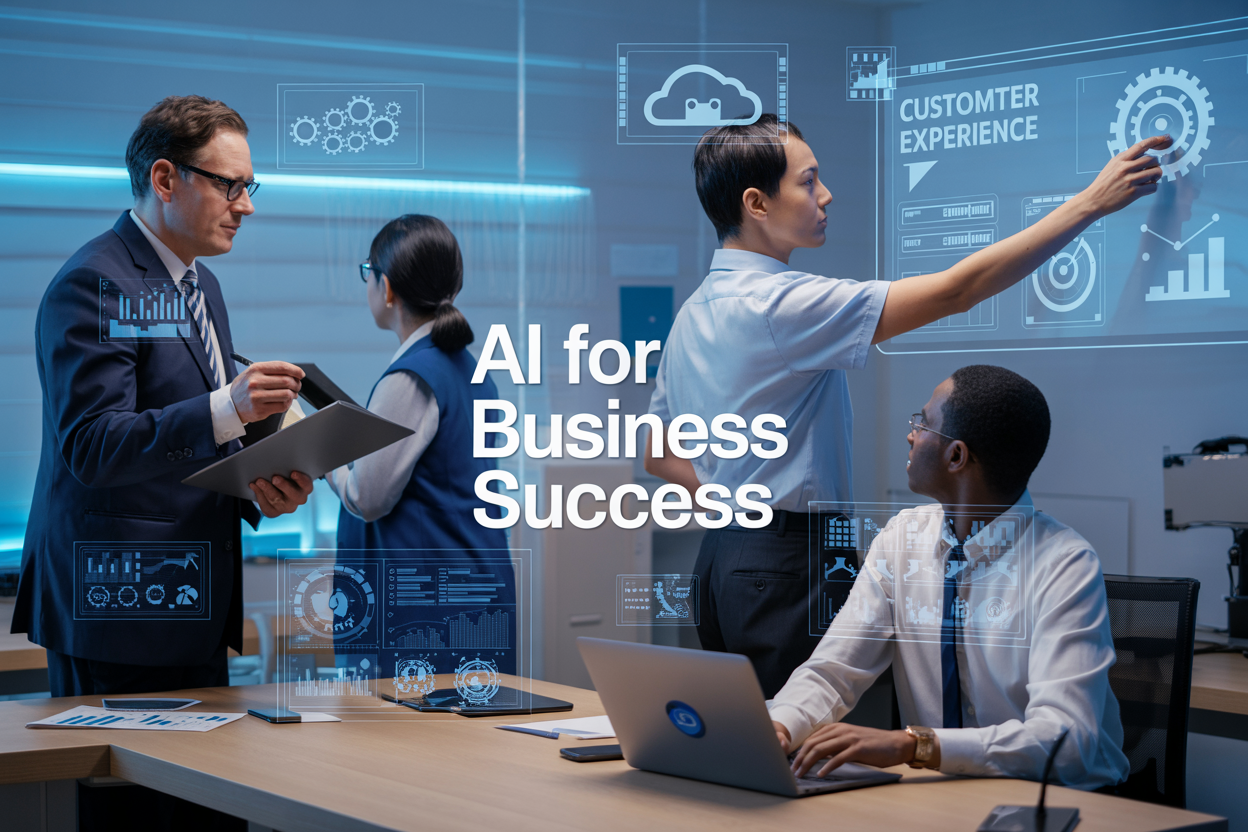

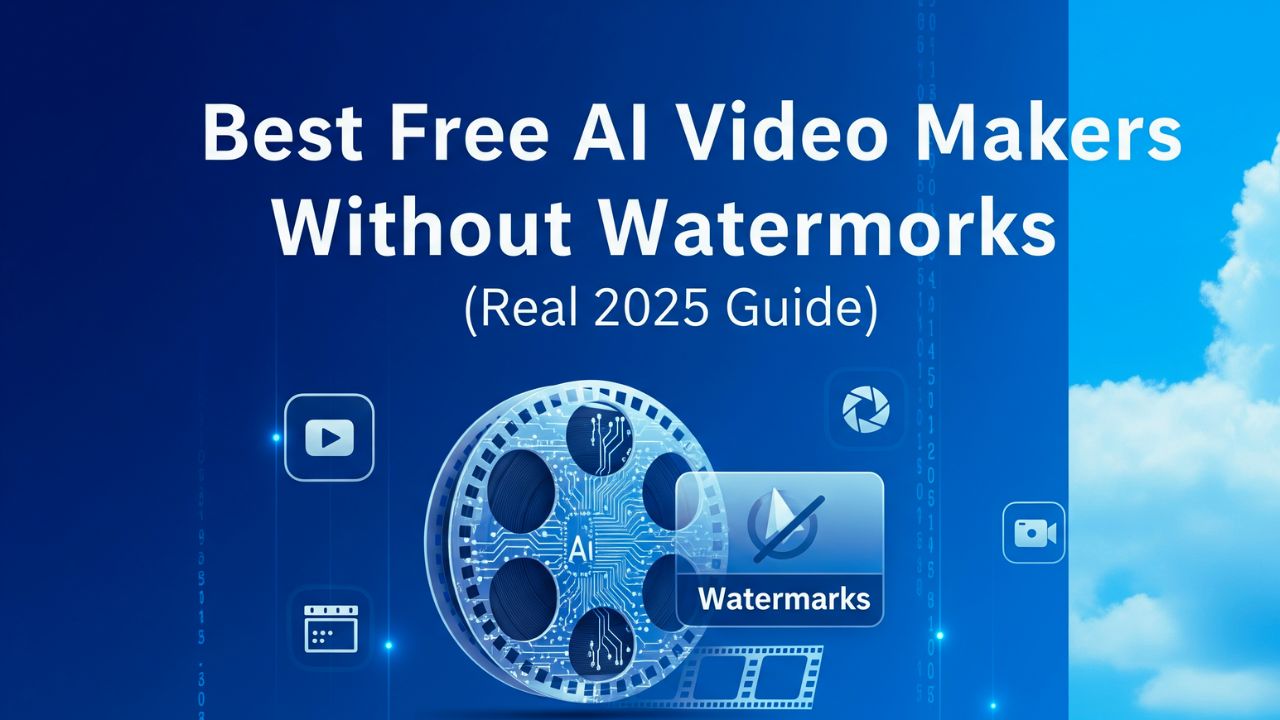
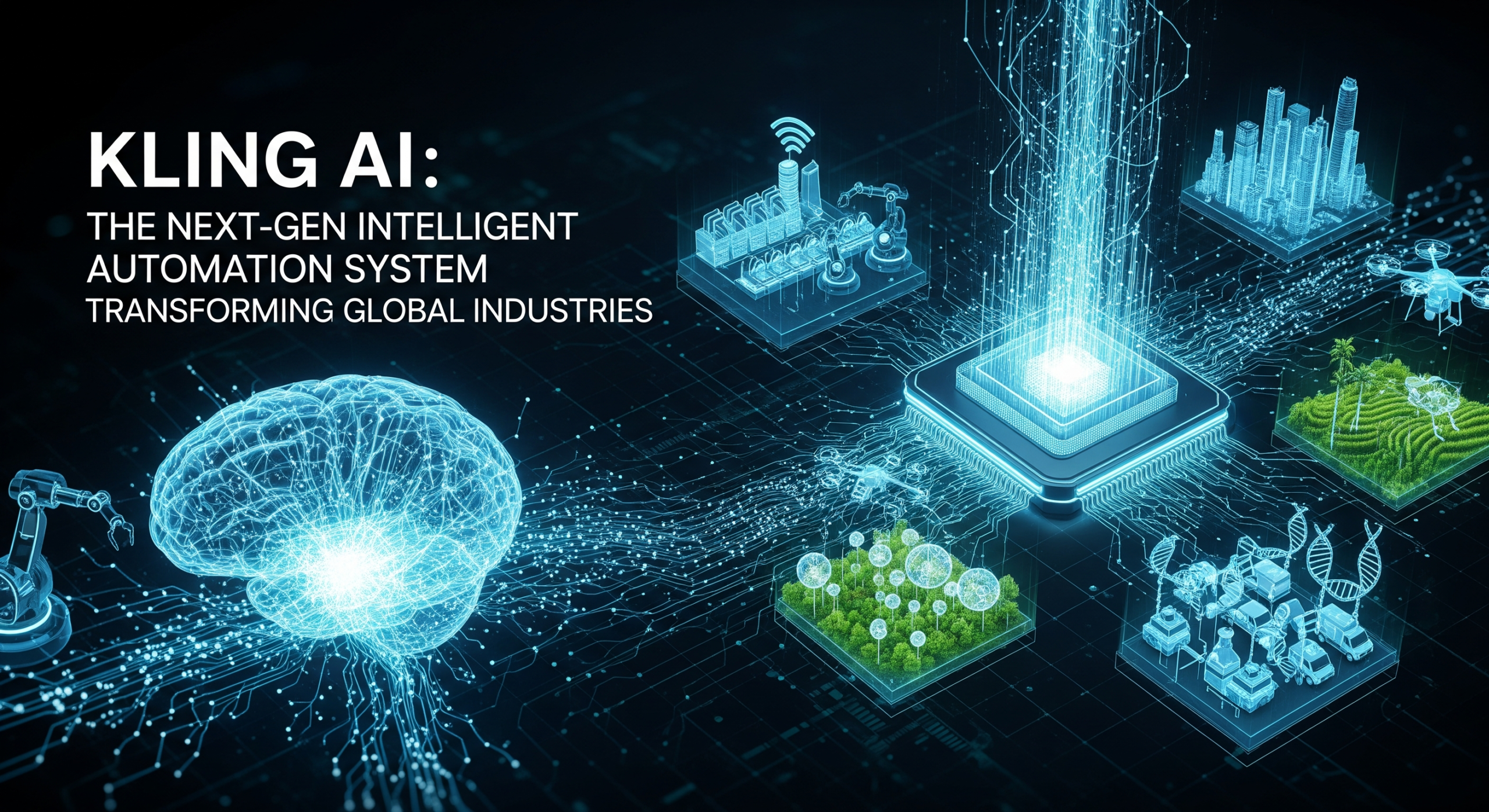

3 thoughts on “What is AI’s effect on digital marketing?”